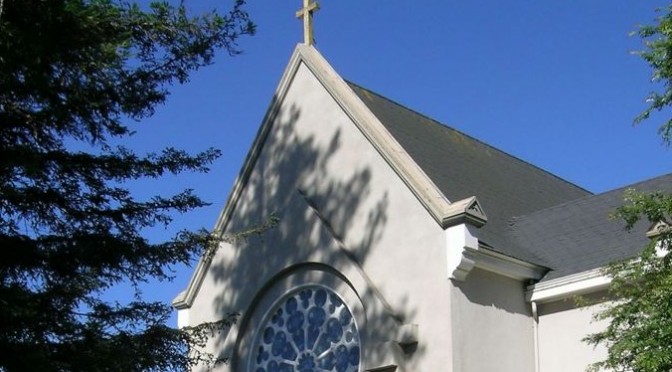Hello –
At the Annual Meeting on Sunday I surprised everyone by my final remarks. People were expecting a sort of run down of events and challenges to come in the next year. Instead, I delivered what was almost a sermon about our needing to take a more prominent and public role in our culture.
My theme was that ours is the voice that is missing right now. We, at our best as Christians, can be civil and free of contempt. Right now, Americans lack civility and have too much contempt. I mean specific things by both of these terms.
Civility means the capacity to stand in the tension between truth and reconciliation. When we are civil we know how to stand firm in the truth as we know it and, at the same time, be in reconciled relationship with those who see things differently than we do. It is no mistake that the “Truth and Reconciliation” work in South Africa was headed by an Anglican Christian, Archbishop Desmond Tutu.
Contempt needs to be distinguished from anger. Moral Philosopher Karen Stohr succinctly captures the distinction: “If I express anger toward you, I am engaging with you. If I express contempt toward you, I am dismissing you. The distinction is crucial.” Our culture has turned sharply contemptuous in the last eighteen months. It is contemptuous to dismiss a group of fellow citizens as a “basket of deplorables” and it is contemptuous to imitate the physical handicap of a reporter.
But contempt is not just at the top, it leaks into nearly all our discourse, often in subtle ways. For example, the snarkiness of so much humor is thinly veiled contempt. I recently received a clever letter from a Christian to one of our leaders and at first I thought I strongly agreed with it, but when I went back to the letter the next day, I found that it had awoken a contemptuous voice within me. I see that I must remain vigilant or else contempt may be provoked in me.
I wonder what it would look like for us to fast from contempt for Lent? I imagine that such a practice would have both outward expressions like choosing not to consume certain media, and inward practices such as careful vigilance of our thoughts and fantasies.
Such a practice would be excellent preparation for taking our proper place in the public conversations of our time. Our civilized Anglican Christian voice is not heard now as often and as clearly as it ought to be. In part, this is because many in our culture don’t seem to have ears to hear. But in part, it is because we are not speaking clearly and with conviction.
I have to believe that our culture still yearns for the nobility of soul that comes with Christian civility and that it still wants the respect that comes with relationships purified of contempt. In this season of our political life let us, with confidence, take our honorable place as Episcopalian citizens of Marin and of the United States.
Blessings,
Christopher
p: (415) 456-4842


